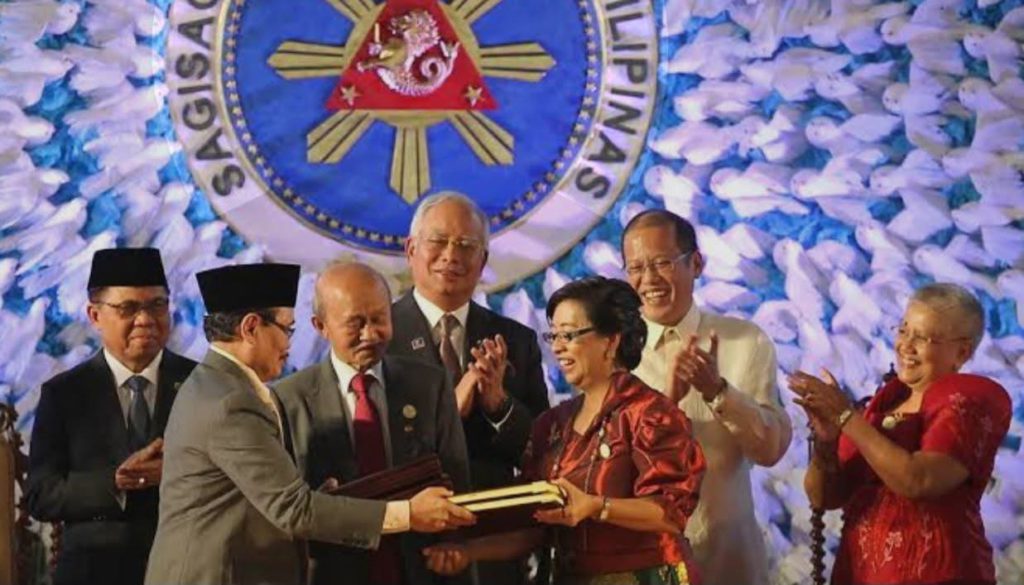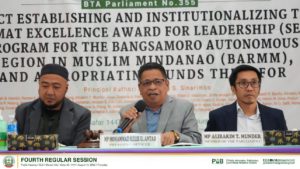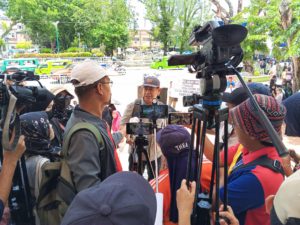
The Essential Role of Joint Mechanisms in the Bangsamoro Peace Process

The peace process in the Bangsamoro region is fundamentally anchored on a bilateral mechanism that emphasizes shared responsibility, mutual trust, and cooperation between the Government of the Philippines (GPH) and the Moro Islamic Liberation Front (MILF). This joint approach ensures that both parties are equally involved in implementing the Comprehensive Agreement on the Bangsamoro (CAB), including its Annex on Normalization, fostering an environment of accountability and mutual respect.
The attributes of this joint mechanism are vital for sustaining a lasting peace. Mutual trust is essential; it requires both sides to act transparently, honor commitments, and communicate openly. Cooperation is equally critical, involving coordinated efforts to design, plan, and execute normalization activities such as decommissioning combatants, socio-economic programs, and community rehabilitation through established joint bodies. These mechanisms are designed to prevent unilateral actions that could undermine the integrity of the peace process and to ensure that progress is collectively validated and verified.
Recent developments highlight the fragility of this shared framework. The MILF has voiced concerns over a policy deadlock and a disturbing lack of transparency regarding normalization efforts. Specifically, the MILF insists that the final decommissioning of 14,000 combatants and 2,450 weapons should only proceed once the government demonstrates substantial compliance in other critical normalization tracks. This includes delivering tangible socio-economic support and community integration programs underscoring that normalization is a comprehensive, cooperative effort.
However, recent events have raised serious concerns about the stability of these joint mechanisms. The distrust stemming from perceived delays and lack of transparency threatens the mutual trust vital for the peace process. Without consistent and credible cooperation, the risk of setbacks increases, potentially jeopardizing the goals of the Bangsamoro Autonomous Region in Muslim Mindanao and the lasting peace it aims to establish.
The jointness of peace mechanisms characterized by mutual trust, cooperation, and verified progress is crucial for the sustainability and success of the peace process. To ensure lasting peace in Mindanao and to the Bangsamoro Homeland, both the GPH and the MILF must uphold their commitments, foster transparency, and work collaboratively within established frameworks. Allah knows best. (Note: This article is shared by BMN/BangsamoroToday with the author’s permission, Abdullah P. Salik, Jr.)

